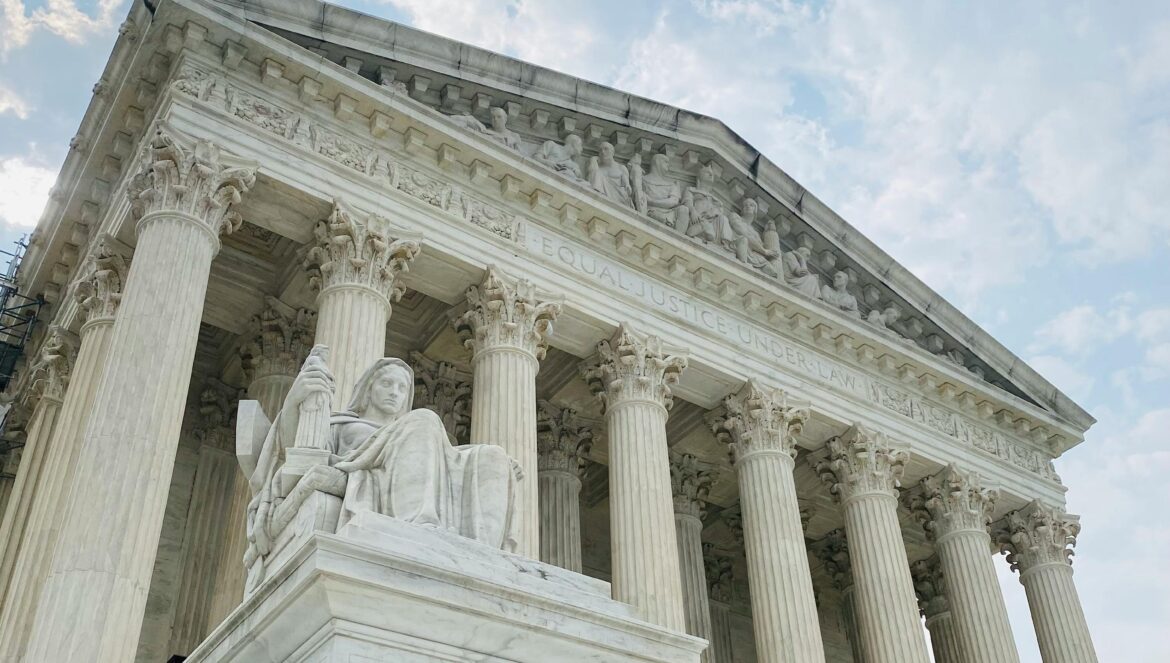Table of Contents
The debate surrounding student loan forgiveness has been a hot topic in recent years, with passionate arguments on both sides. The issue has far-reaching economic and social implications, sparking intense discussions among policymakers, economists, and the general public.
The Economic Argument
One of the key arguments in favor of student loan forgiveness is its potential economic benefits. Proponents argue that it could stimulate the economy by freeing up disposable income for borrowers, allowing them to spend more on goods and services. This increased spending could boost consumer demand and lead to job creation. Additionally, forgiveness could help alleviate the burden on younger generations, allowing them to save for homes, start businesses, and contribute more to the economy.
On the other hand, opponents argue that forgiveness could have negative economic consequences. They contend it would be unfair to taxpayers who did not attend college or paid off their loans. Furthermore, some economists worry that it could encourage future generations to take on excessive debt, knowing that they may be forgiven.
The Social Justice Argument
Another significant aspect of the debate is the issue of social justice. Proponents argue that student loan forgiveness could help address racial and socioeconomic inequalities. Historically, Black and low-income students have disproportionately relied on student loans to finance their education. Forgiveness could help level the playing field and provide opportunities for these individuals to achieve economic mobility.
However, critics argue that forgiveness would not address the root causes of rising tuition costs. They contend that it would be more effective to focus on reforming the higher education system and making college more affordable for all students.
The Legal and Political Landscape
The legality and feasibility of widespread student loan forgiveness have also been subjects of debate. The Biden administration’s attempts to implement a broad forgiveness plan have faced legal challenges and political opposition. The Supreme Court’s recent decision on this issue has further complicated the matter.
Conclusion
The student loan forgiveness debate is complex and multifaceted. There is no easy answer, and the potential consequences of forgiveness are far-reaching. As the debate continues, it is crucial to consider the economic, social, and legal implications of this policy decision. Ultimately, the goal should be to find a solution that promotes fairness, affordability, and economic opportunity for all.
Subscribe to edCircuit to stay up to date on all of our shows, podcasts, news, and thought leadership articles.





